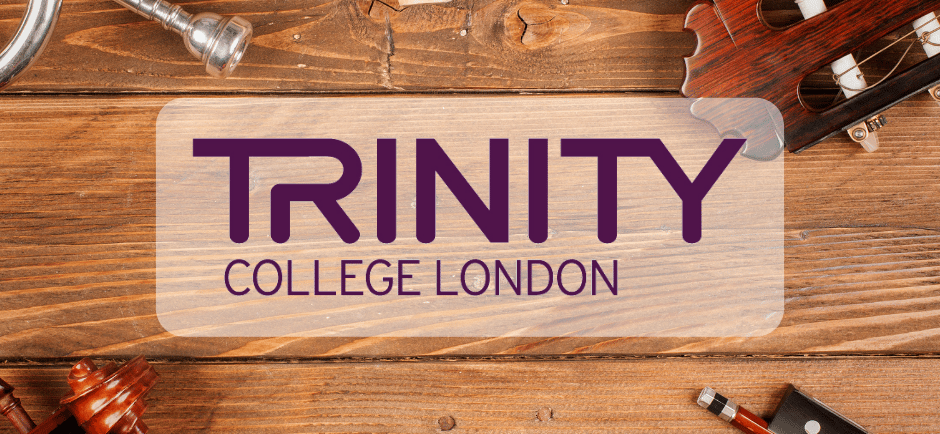“How to Prepare for Your Trinity Music Exam: 7 Tips for Success”
🎓The Trinity College London music exams are a fantastic way to measure your musical progress and earn international certification. But preparing for them requires focus, structure, and the right guidance. At Three Stars Music Academy, we’ve helped many students clear their grades with confidence — some even with distinction! Whether you’re aiming for Grade 1 or Grade 8, here are 7 practical tips to help you succeed in your Trinity music exam.
Sugander Santhapuri
4/22/20252 min read


Preparing for a Trinity College London music exam is a rewarding journey that enhances your musical skills and confidence. Whether you're aiming for a graded exam or a diploma, effective preparation is key to success. Here are seven essential tips to guide you through the process.
Watch the video on "Trinity College London Piano Initial Online & Offline Examination Preparation"
1. Understand the Exam Structure
Trinity music exams typically consist of three components:
Performance Pieces: A selection of pieces showcasing your musicality.
Technical Work: Exercises like scales and arpeggios to demonstrate technical proficiency.
Supporting Tests: Options include sight-reading, aural tests, improvisation, or musical knowledge.
Familiarize yourself with the specific requirements for your instrument and grade by consulting the official syllabus.
2. Select Appropriate Repertoire
Choose pieces that not only meet the syllabus criteria but also resonate with your musical interests. Selecting pieces you enjoy will make practice sessions more engaging and productive.
3. Develop a Structured Practice Routine
Consistency is crucial. Establish a regular practice schedule that allocates time for each exam component:
Warm-Up: Begin with scales or technical exercises.
Repertoire Practice: Focus on your selected pieces, working on challenging sections.
Supporting Tests: Incorporate sight-reading or aural exercises into your routine.
Regular, focused practice sessions are more effective than sporadic, lengthy ones.
4. Utilize Available Resources
Take advantage of the resources provided by Trinity College London
Sample Aural Tests: Practice with examples to prepare for the aural component.
Technical Exercise Guides: Understand the expectations for technical work.
Exam Preparation Checklists: Ensure you're covering all necessary areas.
These resources can be found on Trinity's official website. Trinity College London
5. Simulate Exam Conditions
Conduct mock exams to acclimate yourself to the exam environment:
Time Yourself: Perform your pieces within the allotted time.
Record Performances: Review recordings to identify areas for improvement.
Seek Feedback: Have teachers or peers evaluate your performance.
Simulating exam conditions can reduce anxiety and improve performance on the actual exam day.
6. Prepare for the Exam Day
Ensure you're ready for the exam day:
Know the Venue: Familiarize yourself with the exam location and logistics.
Bring Necessary Materials: Carry all required documents and instruments.
Rest Well: Get adequate sleep the night before.
Being well-prepared can help you perform at your best.
7. Maintain a Positive Mindset
Confidence and a positive attitude can significantly impact your performance:
Visualize Success: Imagine yourself performing confidently.
Manage Nerves: Practice relaxation techniques to stay calm.
Celebrate Progress: Acknowledge your improvements throughout the preparation journey.
Remember, the exam is an opportunity to showcase your hard work and dedication.





